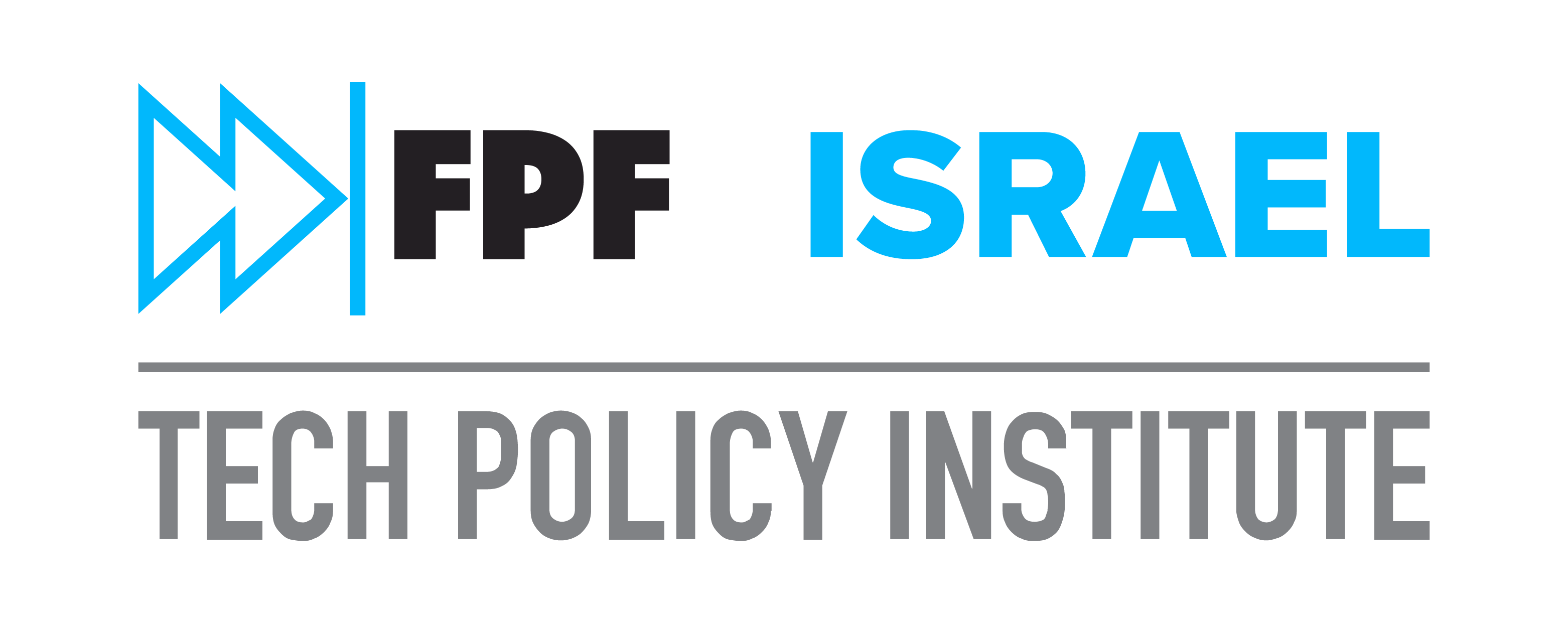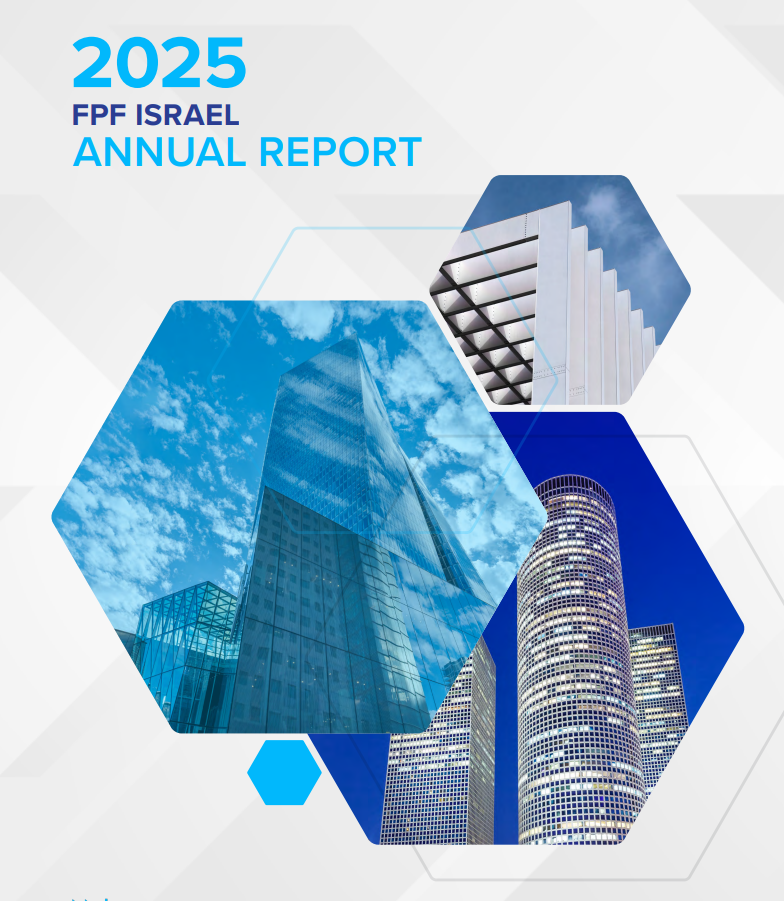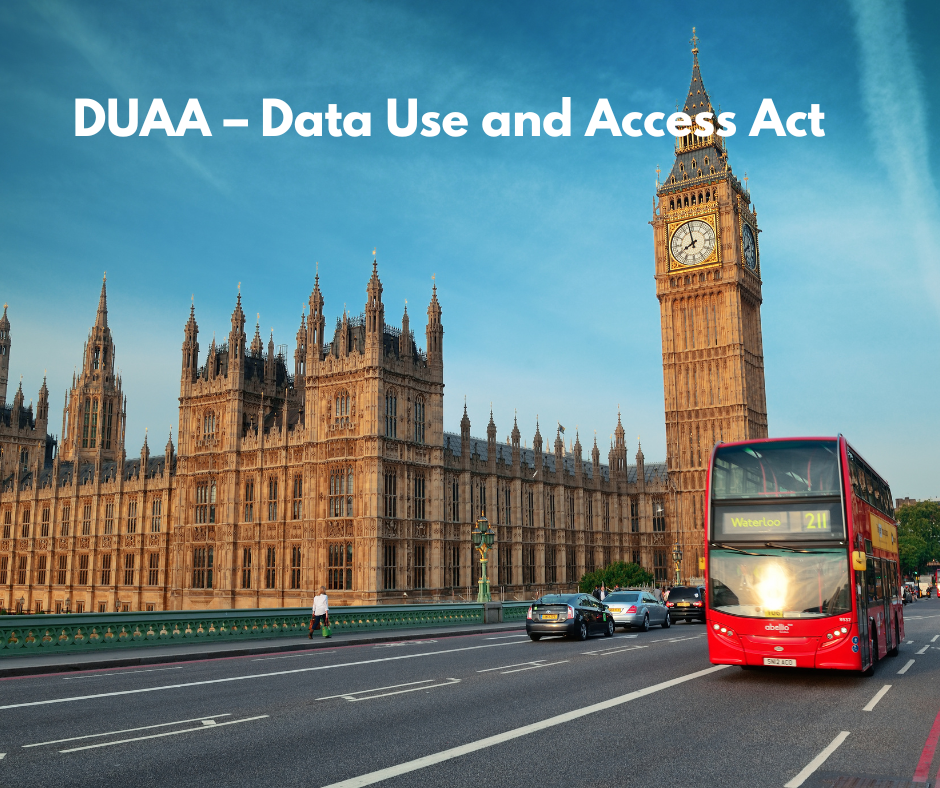Israel’s New AI Policy: A Primer

Introduction:
Artificial intelligence (AI) has received extensive scrutiny in the field of technology regulation. The capabilities of AI systems pose new and complex challenges, including maintaining neutrality and algorithmic transparency while protecting privacy and proprietary rights, such as copyright. On December 17, 2023, the Ministry of Innovation, Science and Technology of Israel announced its policy on AI. This overview presents the background of AI regulation in Israel and the principles outlined in the new document. In this summary, we will briefly comment on the advantages and disadvantages of the proposed policy.
1.Government decisions on AI
1.1 Government Decision 212 (August 2021)
Content of the Decision
The Ministry of Innovation, Science and Technology was appointed to lead the Israeli government’s AI policy (Decision No. 212, in Hebrew). Among other matters, the minister was required to establish a working group that would submit its recommendations within six months on the topics of “regulation, information and data policy, ethics, international civil cooperation, and assimilation in the civilian public sector… and formulate a national plan accordingly, taking into account internationally accepted legal and ethical principles…”.
It was also determined that action should be taken to implement previous recommendations submitted to the Ministry by the Forum for National Infrastructures for Research and Development (TELEM Forum), including:
- The development of research and human capital in AI.
- The establishment of a national supercomputing center for use by the broad public sector, industry, and academia.
- Promoting natural language processing capabilities in Hebrew and Arabic.
- Creating a regulatory environment that facilitates the development of AI and more.
For the purpose of implementing the framework, the Government allocated 550 million NIS (Approximately 146 million dollars) through this decision, from the state budget to the relevant ministries as the first of two planned phases.
It should be noted that previous reports submitted at the end of 2020 recommended a significantly higher investment in the field: a report (in English) by the National Initiative for Intelligent Systems on Ethics and Regulation of Artificial Intelligence, led by Tel Aviv University with the participation of hundreds of experts in the field, recommended a budget of 10 billion NIS (Approximately 2.6 billion USD) for five years and the establishment of a dedicated national administration for the subject in the Prime Minister’s Office; [1] The TELEM Forum report (only in Hebrew) mentioned above recommended the allocation of 5.26 billion NIS (Approximately 1.4 billion USD) to be allocated directly to the various entities that will be responsible for implementing the framework.[2]
Implementation
In July 2022, it was reported that Israel had formulated a “national plan for artificial intelligence,” but which has not been fully publicized. Prior, a professional document by the Ministry of Justice on “Policy, Regulation, and Ethics in the Field of Artificial Intelligence” was published (Hebrew only).[3] Based on this document, the Minister of Innovation, Science and Technology appealed to the public (Hebrew only) to comment on the recommendations for setting a policy for AI (October 2022). The document noted that as of October 2022, there was no need to promote specific legislation dedicated to AI. Still, the document also acknowledged that, as the field develops and establishes, the need for legislation will be reexamined.
In monitoring the implementation of Government Decision 212, as it appears on the Prime Minister’s Office website (Hebrew only), the budget for implementing the decision has yet to be allocated.
1.2. Government Decision 173 (February 2023)
On February 24, 2023, Government Decision 173 was adopted, which is a continuation of Decision 212 and other resolutions and deals with “strengthening Israel’s technological leadership.” With this decision, a national program for AI was adopted, proposing three principles:
- Accelerating basic and applied research in the field of AI.
- Creating assets for broad use by industry, promoting infrastructural research and development, and running coordinated cross-sectoral ventures to test AI-based technologies.
- Implement AI applications in the civilian public sector to streamline its work through the digital system.
In order to implement these principles, it was determined that a budget would be allocated as an authorization for a commitment not exceeding 500 million NIS (Approximately 134 million USD) for implementation between 2023 and 2026.
It was also decided that the Ministry of Innovation, Science and Technology would establish a “government knowledge and coordination center in the field of AI” to promote issues outlined in section 6(a) of Decision 212 (government policy in the field of AI on regulation, information, and data policy, ethics, international civil cooperation, and assimilation in the civilian public sector, and formulation of a national plan).
For now, the government has passed a decision (Decision No. 1161 of December 22, 2023, only in Hebrew) to appoint a senior head of a division in the field of AI with an exemption from a standard tender procedure for filling a position in the civil service. This decision attests to the role’s seniority, but also to the fact that the nomination can be political. There has been no call to apply for the position at the time of writing.
2. Regulatory Policy Principles in the Field of AI promoted by Israel’s government so far
In December 2023, the Minister of Innovation, Science and Technology announced the adoption of the recommendations promoted by his ministry, together with the Ministry of Justice, and the Innovation Authority. The minister also announced his intention to lead a government decision that will anchor these recommendations in a normative act. As of the time of writing this review, the decision mentioned above has yet to be approved by the government.
The announced Recommendations[4] on the Principles of Regulatory Policy in the Field of AI create a flexible framework of principles for AI, as opposed to legislation or similar binding norms . Namely, instead of a differentiated normative set of rules, the document is intended to guide various regulators that can claim competence for various aspects of governing AI when determining guidelines for the market they are responsible for related to AI.
2.1 General principles of the regulatory policy for AI
The document establishes six guiding principles according to which AI policy is to be determined:
- Guidelines for AI will be promoted under the regulator’s leadership for the relevant industry, in coordination with relevant entities for the subject matter, and to meet a concrete need.
- To the extent possible, the envisioned regulation should be aligned with relevant leading international AI regulations .
- The regulation should take into account the level of risk posed by the type of technology envisaged and its specific use by the regulator. Therefore, the regulator should adjust the regulation to the level of risk.
- Regulatory action will be promoted gradually in accordance with technological developments. For this purpose, experimental tools such as sandboxes and pilot projects must be used.
- In appropriate cases, using soft regulatory tools should be preferred.
- The regulation should be formulated with the participation of experts and stakeholders.
2.2 Leading ethical principles
In light of the established policy-making principles and following the tenets proposed on the subject by the OECD [5] (with slight changes), the paper recommends adopting six ethical principles in the field of AI:
- “Responsible use of trusted AI is a means of encouraging growth, sustainable development, social welfare and promoting Israeli leadership in innovation.”
- Human-Centric AI: Respect for Fundamental Rights and Public Interests.
- Equality and prevention of bias and wrongful discrimination.
- Transparency and notice.
- Reliability, durability, security, and safety throughout the AI system’s life cycle.
- AI developers, operators, or users to show responsibility for their proper functioning and compliance with other ethical principles in their activities.
It should be noted that some of these principles are more akin to goal-setting, rather than expressing ethical principles (see, for instance, point 1).
2.3 Knowledge Center
The Recommendations promoted by the Minister of Innovation, Science and Technologypropose to establish a government knowledge center to address gaps that may arise from the recommendation to maintain a flexible, non-binding policy for AI. The knowledge center, adopted by the Minister in December 2023, would coordinate and advise regulators, manage relevant forums, promote international collaboration, and more.
To expand the perspective of the Knowledge Center and to strengthen its influence, it is proposed that the Knowledge Center have a steering committee from various departments in the government: the Director General of the Ministry of Innovation, Science and Technology (Chairman of the Committee); Director of the Knowledge Center; Deputy Attorney General (Economic Law) at the Ministry of Justice; Commissioner of Budgets at the Ministry of Finance; head of the Central Regulatory Authority; Head of Privacy Protection Authority; Head of the National Digital Directorate; and CEO of the Innovation Authority.
2.4. Additional suggestions
The Recommendations include reference to additional issues:
- Regulators should map uses of AI integrated into the industry they regulate.
- A forum of various regulators engaged in the field of AI will be established for the purpose of learning, cooperation, and coordination.
- A forum for public participation will be established, including representatives of diverse sectors and with diverse expertise.
- Cooperation in this field with countries and international organizations will be promoted.
- Information and tools will be made available for the responsible use of AI, with a recommendation to develop a unified risk management tool.
3. Concluding remarks
Despite the understanding of the importance of regulating AI, as indicated by government decisions and the TELAM outline, the Israeli government chose to promote soft regulatory tools. The principles adopted include non-binding recommendations to regulators and are formulated broadly and flexibly.
This decision should be understood in the context of the Israeli government’s difficulty to advance innovative legislation quickly. See, for example, the process of amending the Protection of Privacy Law, which has been promoted since 2011 in layers of narrow interventions instead of advancing a comprehensive approach.
The advantages of a flexible framework as the one proposed are notable when dealing with regulation in a constantly and rapidly evolving field like AI. Still, this approach requires a significant effort in developing the knowledge necessary to effectively implement the recommendations made, creating positive incentives for applying the resulting regulation, creating a system for collaboration and peer learning, and more. As proposed, a knowledge center to act as a hub for all these purposes is needed. As of this date, the process of staffing the center is in its infancy, and the amount defined as required for financing it has not yet been allocated.[6]
In addition, the proposed policy recommendations concern the conduct of the private sector only, and not the public sector, in which the use of AI-based systems may have far-reaching consequences. As detailed in the document, a separate government committee that formulates its recommendations for public service has been created.
In order for this soft regulatory framework to meet the challenges of a rapidly evolving transformative technology, actually providing the funding proposed and having a coherent approach in guidance and regulations are imperatives. Israel’s advanced technical capabilities in AI require effective guardrails and strong ethical principles to be implemented to avoid harms caused by the development and deployment of AI tools. In other words, leadership in developing AI technology requires leadership in governing it. In order to benefit from the advantages of the proposed soft regulation, the exact mechanisms proposed – from funding, to the AI knowledge center and other structures created, must be acted upon.
And although a framework may be workable in this time of uncertainty and rapid change, it should not be a long term approach. As leading economies around the world move to adopt formal legislation, it will be important for Israel to monitor these developments closely and pursue a legislative approach that can both support innovative research and services while ensuring legal protections.
[1] Page 23 of the report in the Hebrew version, and page 24 of the report in the English version.
[2] pp. 9 and 92 of the report.
3 The report is based, among other things, on the conclusions (in English) of a subcommittee of the National Initiative (Tel Aviv University) for Intelligent Systems on Ethics and Regulation of Artificial Intelligence, headed by Prof. Karin Nahon (November 2019).
[4] The English version concludes only the summary. The full version is solely in Hebrew.
[5] Recommendation of the Council on Artificial Intelligence (22 May, 2019)
[6] In this regard, the two recommendations that preceded the last government decision related to sums that are more than ten times higher than the amount declared in the government decision.



